How long does the hops soak?
Every brewmaster has his own explanation, and there may be many answers.
If you are interested, you can divide the same batch of beer you brew into 3 pcs, each pc 3 days, 7 days, 14 days, and then do a blind test.
This is the most intuitive way to evaluate dry hopping.
In the past experiments, it was generally believed that the hops were soaked for 3 days and the Aroma was the best.
The hops soaked for 7 days was slightly stronger than the effect of soaking for 3 days, After 14 days, there was a certain degree of a decrease from aroma to flavor.
Therefore, it is generally recommended that the hops soaked for no more than 7 days.
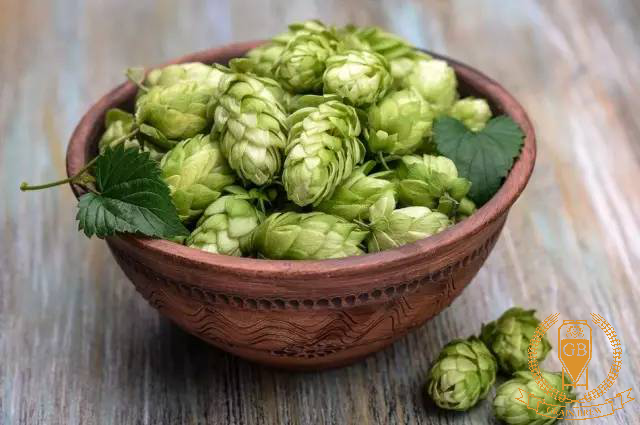
Some people asked: The color of my beer is very good. After the dry hopping, it is hard to swallow.
First of all, we must understand the difference between bitterness and harsh taste. Bitterness is a kind of taste, and harsh taste is the feeling that the tongue feels numb and not smooth,
especially the tongue root is most sensitive. Often we feel that a beer is so hard to swallow, because the mouthfeel of this beer is beyond the comfort of people, not just because of the high bitterness.
The bitterness of beer is mainly derived from the iso-alpha acid which is produced by the isomerization of alpha acids in hops at high temperatures.
Since the beer does not experience high temperatures during the dry hopping process, naturally no new iso-alpha acid is formed.
Therefore, after the dry hopping, the beer is bitter and difficult to swallow. It is likely that other reasons have caused the bitter taste of the beer:
Hop aging
The alpha acid and the beta acid in the hop are oxidized to form a soft resin, and the soft resin continues to oxidize to form a hard resin.
Hard resin is the main cause of bitterness after hops. It is necessary to know that hops are harvested in the new world producing areas,
and it is easy to cause hops oxidation in the hands of dealers. Therefore, it is recommended that you carefully choose suppliers, do not stock hops, and buy them as needed.
Mixing oxygen into the dry hopping process
Beer is highly oxidizable, especially IPA. Because of the large amount of hops used, it has high levels of iso-alpha acids and polyphenols,
both of which are very susceptible to oxidation. In particular, high molecular weight polyphenols produce a very unpleasant mouthfeel after oxidation.
Therefore, it is recommended to use CO2 for deuteration before and after the dry hops open the cap of the fermenter to minimize the incorporation of oxygen.
Edited by Cody
[email protected]
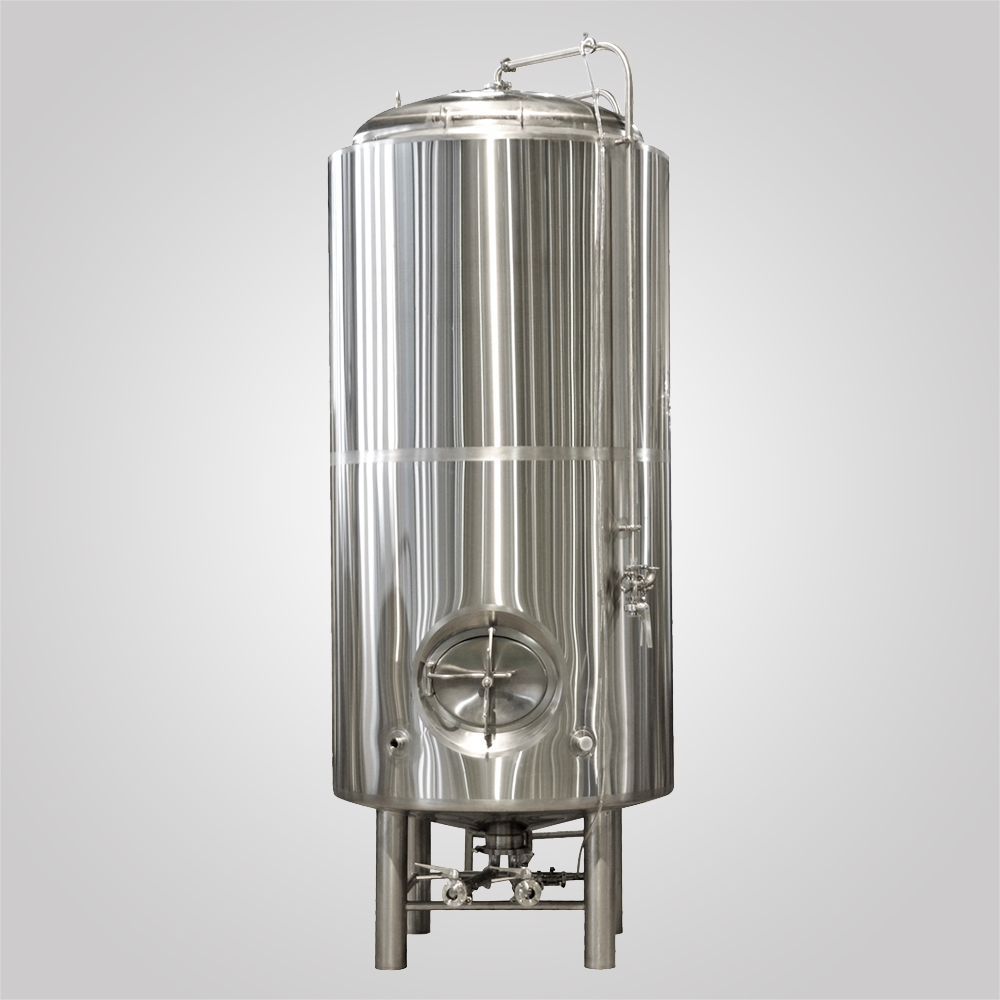
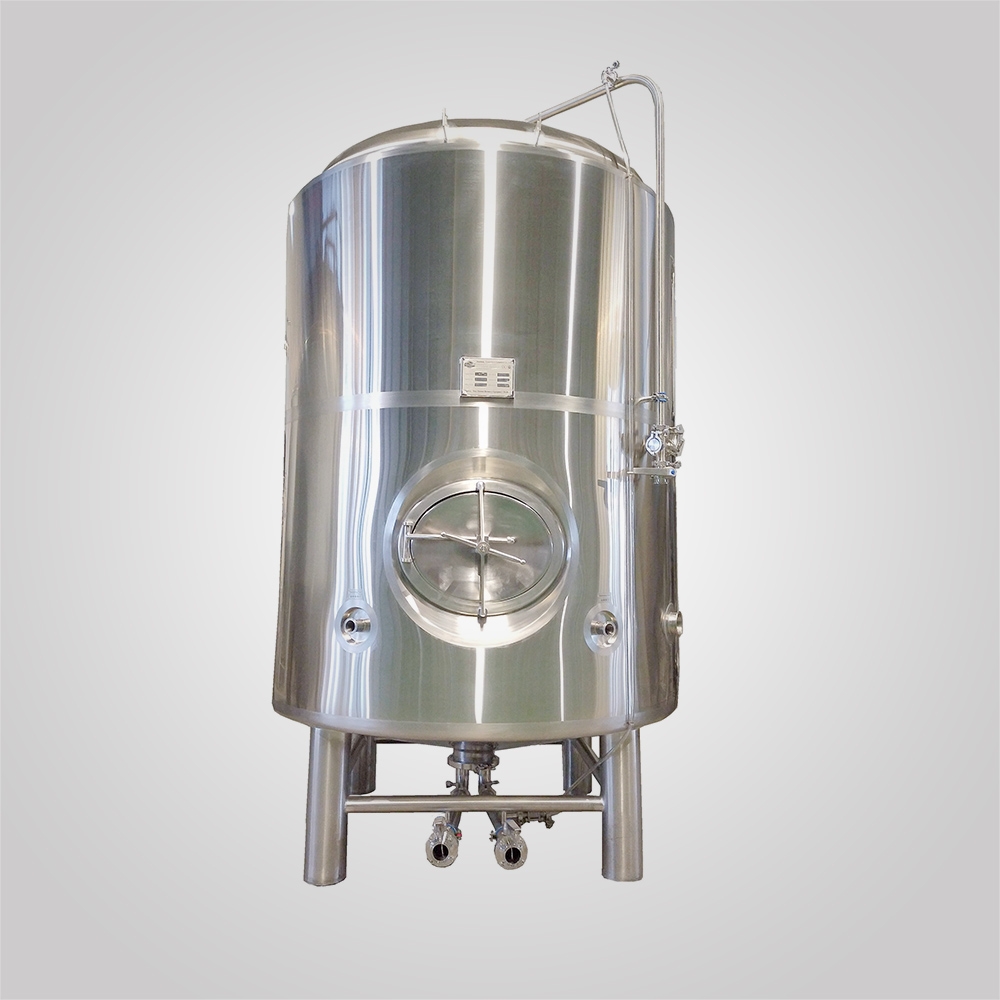
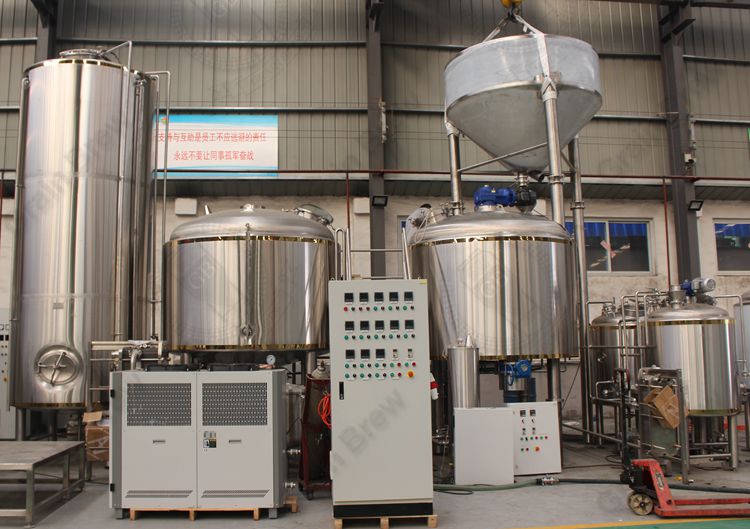
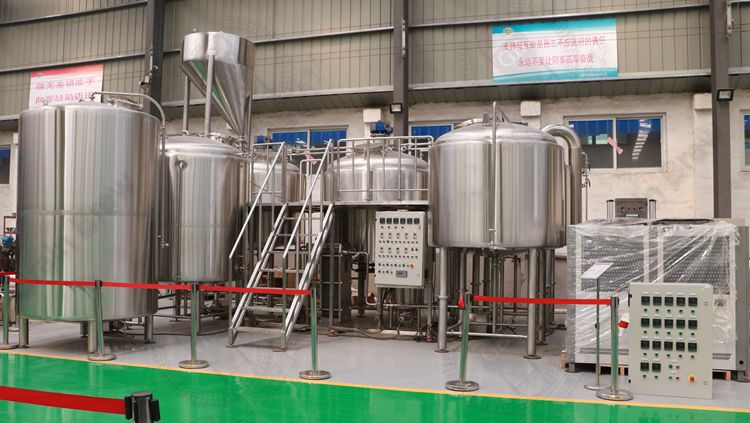
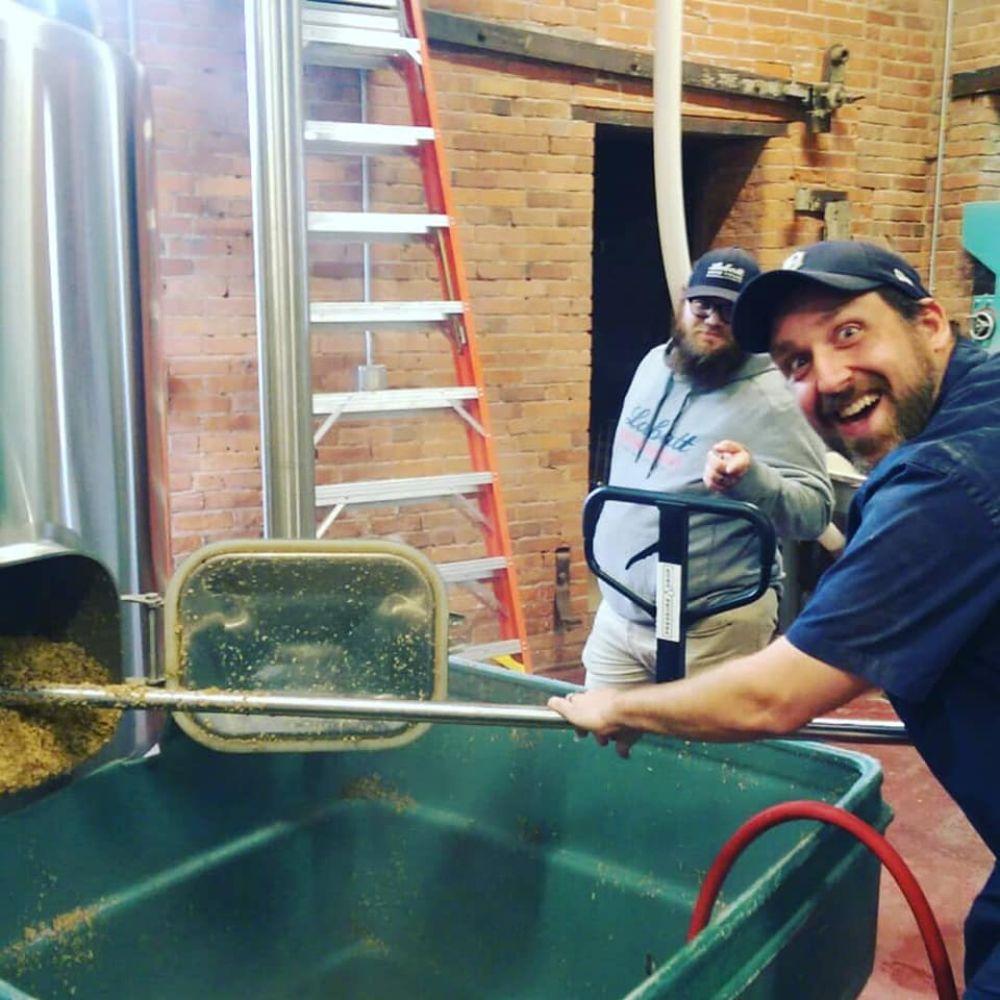
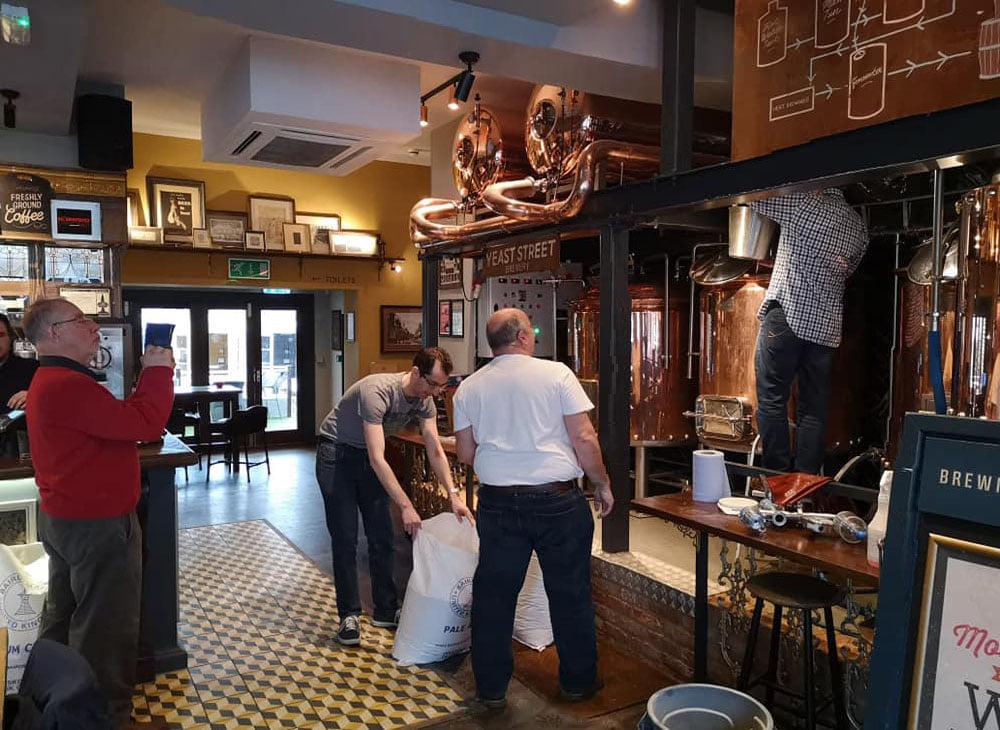
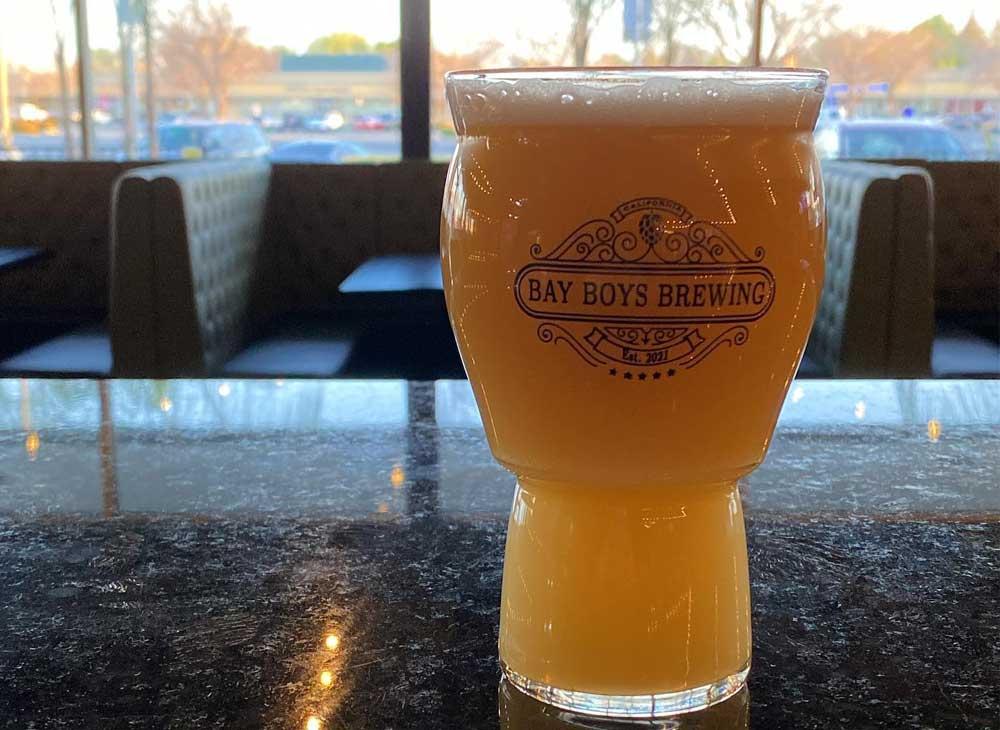
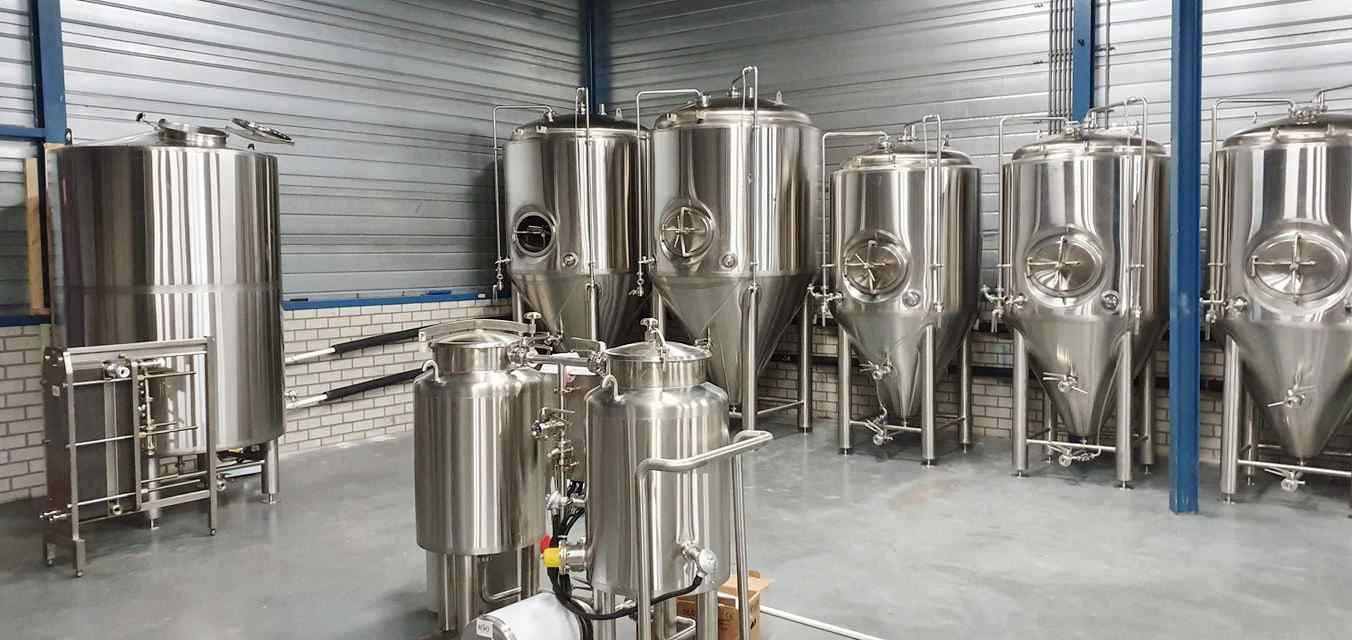
.jpg)
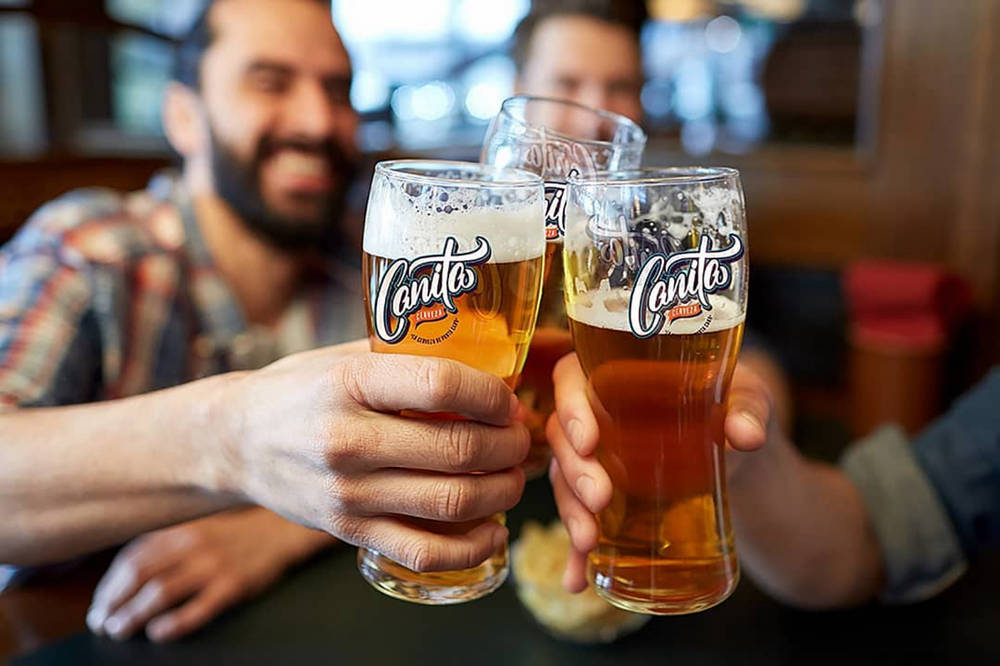
Get A Quote